IRS: Republicans Call on IRS to Nix Guidance on Economic Substance
Bloomberg Tax
By: Caleb Harshberger
House Ways and Means Committee Republicans are calling on the IRS to withdraw guidance that broadened the agency’s ability to apply the economic substance doctrine in audits of related-party partnerships.
Revenue Ruling 2024-14 expands the IRS’s ability to use the doctrine well beyond what was intended in the law, causing conflicts with other parts of the tax code and effectively allowing the agency to treat it as a general anti-abuse rule, 20 of the panel’s 26 GOP members told Commissioner Billy Long in a letter Wednesday.
General anti-abuse rules are used in some countries to let tax authorities deny tax benefits if they are deemed to result in tax avoidance.
“For so long as the ruling remains, taxpayers must guess between two mutually exclusive outcomes—basis adjustments as required by the law or basis adjustments required by the ruling,” the letter said. “This leaves taxpayers uncertain about how and when to apply the partnership tax laws to commercial transactions.”
In the 2024 ruling, the IRS said it could apply the economic substance doctrine in cases where basis-shifting transactions between related parties lack economic purpose or substance. Taxpayers sometimes use related-party basis-shifting transactions to move an asset between related entities to increase its basis and reduce the taxable gain.
The GOP letter, led by Rep. Lloyd Smucker (R-Pa.), said the ruling clashes with transfer pricing rules.
It “assumes that related-party transactions inherently lack a legitimate business purpose,” the letter said. “This assumption is at odds with long-established tax law and the reality of how businesses operate” and with the existence of Section 482—the part of the tax code that governs transfer pricing, which pertains to valuation of related-party transactions.
In recent years, the IRS has increased its use of economic substance in audits after the agency changed its internal guidance in 2022 to remove certain requirements for agents to get high-level approval before making use of the economic substance doctrine in exams.
